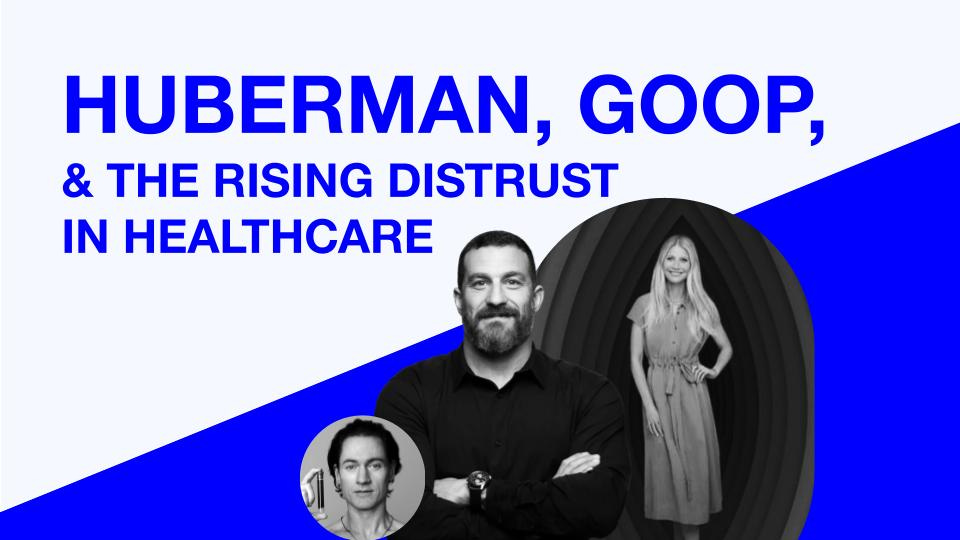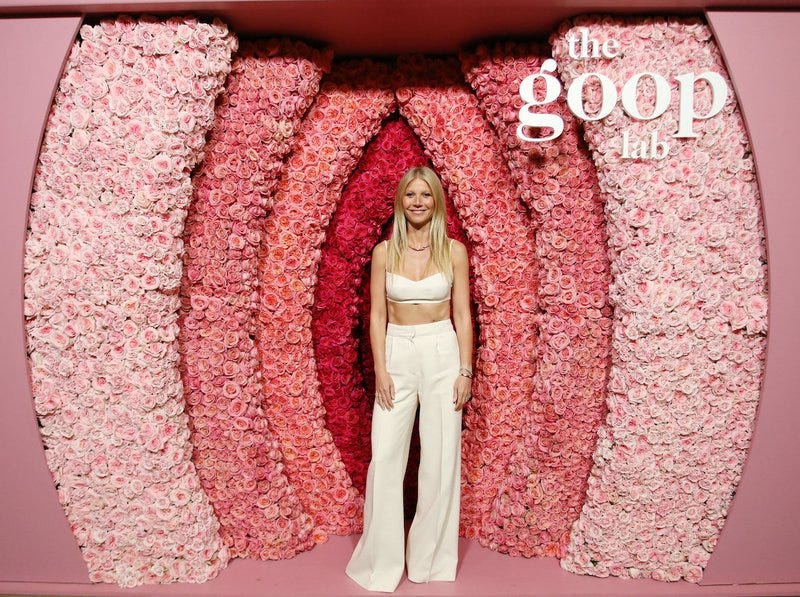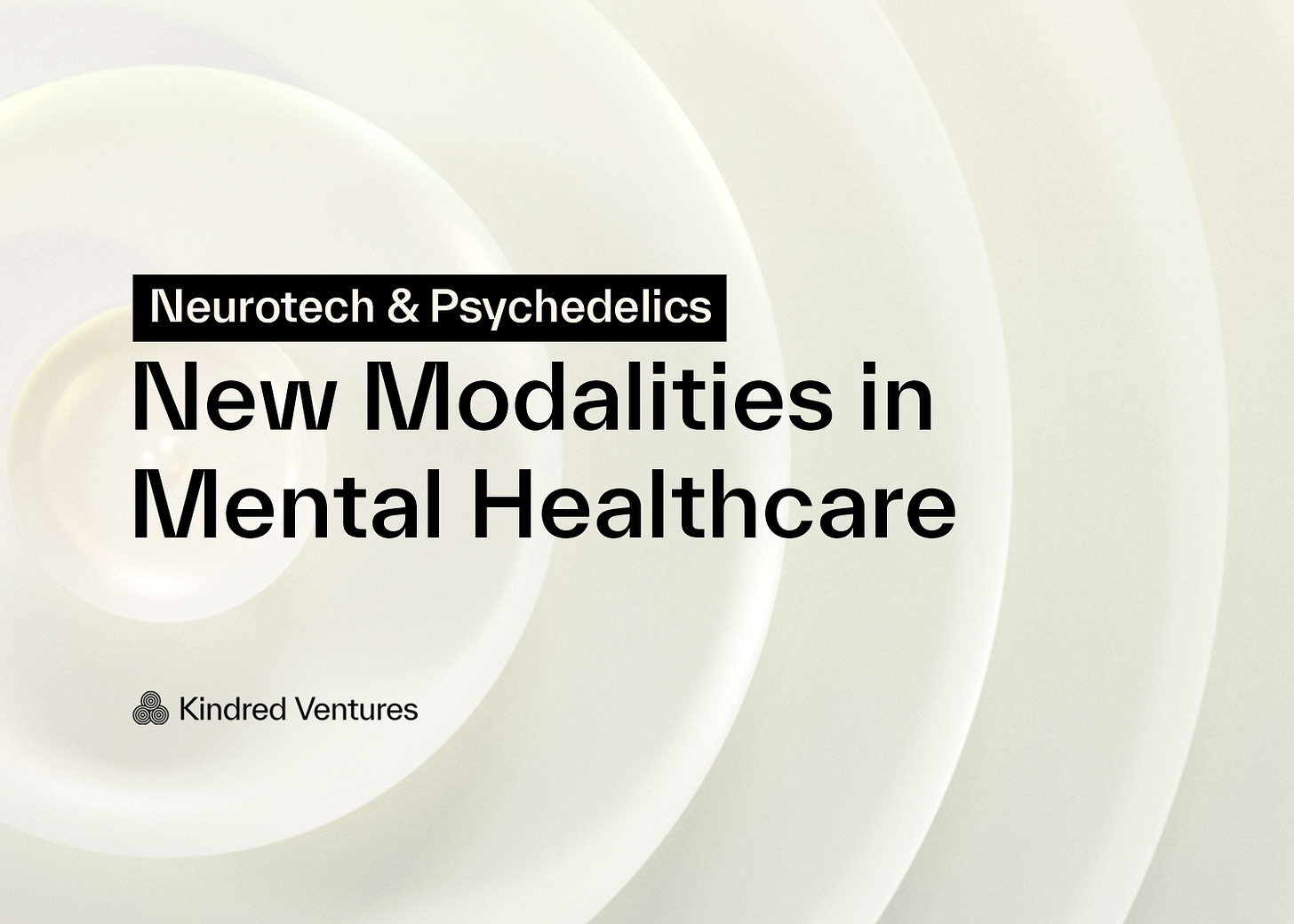Huberman, Goop, & the rising distrust in healthcare
025. Or, how healthcare is becoming open source
Hey, friends—welcome back to online-offline, a newsletter about technology, culture, and the future. Hello to new subscribers! I’m glad you’re here. This essay is an open question; if you have thoughts about trust and healthcare, please reach out. If you haven’t already, please support my work by subscribing below. Now, let’s dive in.
A few years ago, a mother bought her young son a bouncy house and, instead of unbridled joy, it brought pain and medical visits with 17 doctors in three years. The boy displayed broad symptoms: unusual chewing, tantrums, stunted growth, anatomical imbalance, migraines, exhaustion, and more. None of the doctors made the correct diagnosis, leading the desperate mother to sign up for ChatGPT. She input her son’s medical notes and AI output tethered cord syndrome. To find more answers, the mother joined a Facebook group for families of children with the condition. The stories she read confirmed her suspicions and her son was finally diagnosed with the condition by a new neurologist soon thereafter.
These kinds of stories are not uncommon. They became prevalent following the arrival of the internet in the 90s. For the first time, patients had access to in-depth medical information and research about their conditions. In tandem, medical distrust began to grow and there are some valid reasons:
The Tuskegee Syphilis Study conducted on nearly 400 African American men between 1932 and 1972 by the PHS and CDC
Nearly 800,000 Americans become permanently disabled or die annually because of misdiagnosis. 15 diseases account for about half of all annual disabilities and deaths
An estimated 371,000 total deaths occur, making diagnostic errors #4 on the leading causes of death in the US
The persistent underfunding and lack of care for women’s health
Rising healthcare costs with and without insurance
Mis- and disinformation following the Covid-19 outbreak
I could go on, but I’ll stop here. Simply put—people distrust intuitions and the people who run them. With an abundance of information and increasingly limited access to healthcare, many are taking ownership of their health.
Huberman-Goop General Hospital
I’d be remiss if I didn’t mention the rise of medical media personalities who’ve helped disseminate medical information to the masses even better than Google.com can.
Women have Goop. Men have Huberman Lab. And vice versa, of course.
While Goop (Gwyneth Paltrow’s lifestyle brand) is often criticized for misinformation and pseudoscience, its popularity is a stark reminder that women’s health is systemically ignored. Many studies show how doctors dismiss women’s pain and reproductive concerns, and subsequently misdiagnose or fail to treat ailments. It’s no surprise that Goop made alternative, and sometimes questionable, medical practices mainstream. Women want and need answers.
And then there’s the Huberman Husband. He wakes up early, sits in the sunlight, and waits a few hours to have his morning coffee. Each week, he listens to a 2-hour long podcast by Dr. Huberman, a neuroscientist and professor at Stanford’s medical school. Huberman is credentialed, so he’s legit. The podcast, Huberman Lab, breaks down complex medical illnesses, studies, and concerns—like how alcohol impacts your health over time. The good doctor (PhD) has over ten million followers across social platforms. People want transparency and clear communication when it comes to health, and he’s masterful at both.
Healthcare’s new cultural operating system
The increase in media consumption and decrease in medical trust has led to very motivated patients. These people and their families get up to speed on the latest research/treatment and become more knowledgeable about their conditions than their general practitioners. From some experience, the process looks a bit like this …
Research. Lots of research on Google, Reddit, Discord, medical journals, personal blogs, and ChatGPT
Community. Seeking out others who’ve experienced the same or similar medical issues on Reddit, Facebook groups, listserves, Discord, and forums
Specialized Services. Finding a service/product that’s focused on the ailment. It could also mean longevity services (eg. Remedy Place), functional doctors, and behavioral therapy
Ultimately, patients want to feel heard and taken care of. Researching and finding community is good—patients should participate in their wellness journey.
Consumer demand is shaping healthcare
One look at the trends in the last decade—bone broth, supplements, soft 75, and keto—shows the lengths people will go to improve and manage their wellness. We shouldn’t disregard traditional medicine but we consumers can challenge healthcare institutions. For example, the demand for more convenient and specialized care spurred the rise of retail, membership-based clinics like One Medical and Parsley Health. The former did so well that it was acquired by Amazon for a $3.9 billion all-cash deal in 2023. Consumer demand has similarly led to changes in insurance and care delivery.
This bottoms-up change will continue. In the next decade, there will be longevity for the masses, more research on women’s health, a closer look at environmental and climate impact, and much more. If talk therapy is supply-constrained, people will try new modalities like MDMA or neurotech, early but promising solutions that I’ve written about and hope to invest in.
In many ways, medical information is becoming open source. This trend could and should change how doctors, hospitals, and insurers interface with their patients.
Further reading
+ New Modalities in Mental Healthcare by me!







